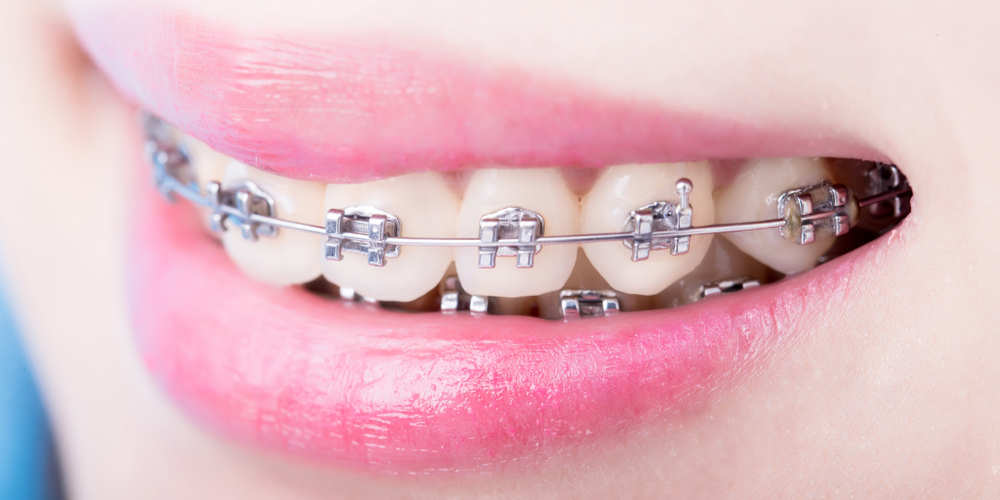
Fixed braces are more often than not the first choice for a patient who is to undergo orthodontic treatment, even though they are still one of the most effective treatment options available. Commonly known as ‘train-tracks’ because of the manner with which they are attached to the face of the teeth, fixed braces are made of brackets and wires and the brace is supported by bands. By tightening these bands regularly, the braces are able to optimise movement and retention.
What are the advantages of fixed braces?
Fixed braces may not look all that appealing but they can produce incredible results. Fixed braces can be used to treat a host of orthodontic problems, including complex problems, such as crossbites, underbite and overbite, as well as crooked and twisted teeth, crowding, buck teeth, gaps between the teeth and goofy teeth. Nowadays, it is also possible to get clear fixed braces, which are more aesthetically pleasing.
When are fixed braces the best option?
If you suffer from severe underbite, overbite, crossbite, crooked teeth, twisted teeth, buck teeth, gaps or crowding then fixed braces may be a better option for you over some of the newer, discreet brace systems. A fixed brace allows for a great deal more control over the movement of teeth, and is generally more effective in the treatment of complex orthodontic problems. However, today’s fixed braces are varied in their appearance and a number of them are discreet and less noticeably than older models, allowing for effective treatment without the awkwardness of highly visible brackets and wires.
How much do fixed braces cost?
The cost of fixed braces varies according to the dentist you choose, the materials used to make the brace and the clinic or practice you go to. Typically, you can expect to pay around £3000 for a fixed brace. Many practices offer interest fee payment plans for their brace systems, so it is always a good idea to ask your dentist if their clinic offers this option.

